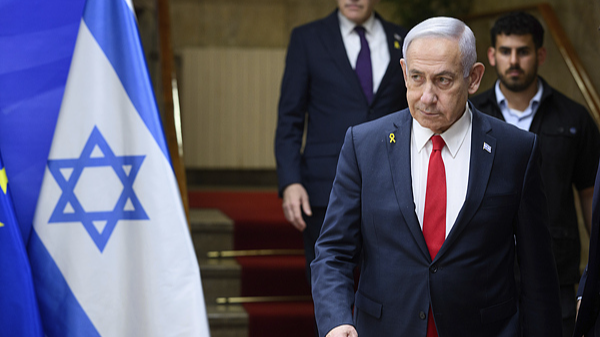The Israeli government announced on Sunday that it will relax its blockade on the Gaza Strip to allow a limited supply of food aid for civilians at risk of famine. The move comes as international criticism mounts over a severe humanitarian crisis.
Key details:
- Approval for basic food rations to prevent widespread hunger.
- International NGOs to handle distribution immediately through existing channels.
- New US-led mechanism not yet operational, making initial aid flows modest.
The decision – backed by military advisers – aims to balance urgent relief with Israel's ongoing Gideon's Chariots operation against Hamas. Officials warn that a deepening hunger crisis could hamper military plans.
Why it matters: UN data shows 93% of Gaza residents face food insecurity ranging from crisis to catastrophe since the March 2 blockade. Families report dwindling supplies, with many surviving on one meal a day.
Despite global pressure, Israel's far-right coalition partners, including National Security Minister Itamar Ben-Gvir and Finance Minister Bezalel Smotrich, had opposed any aid resumption, even threatening to resign.
International aid groups and thought leaders have called for a sustainable humanitarian corridor to ensure safe, consistent delivery of essential goods while preventing diversion by militants. Digital nomads, activists, and business leaders are watching closely: will this limited aid mark a turning point or simply a stopgap?
As the world tunes in, the crisis in Gaza underscores the complex dance between security, human rights, and international cooperation on a stage where every decision can ripple far beyond borders.
Reference(s):
cgtn.com



